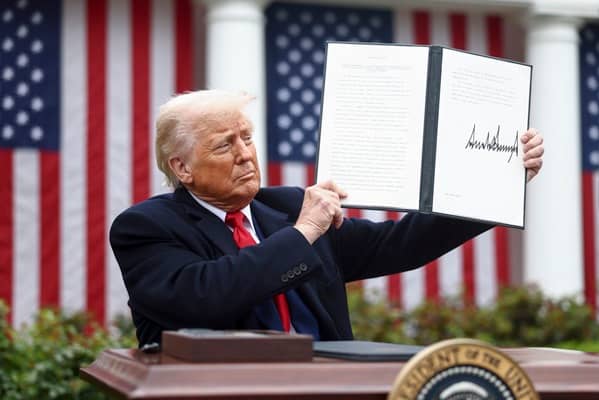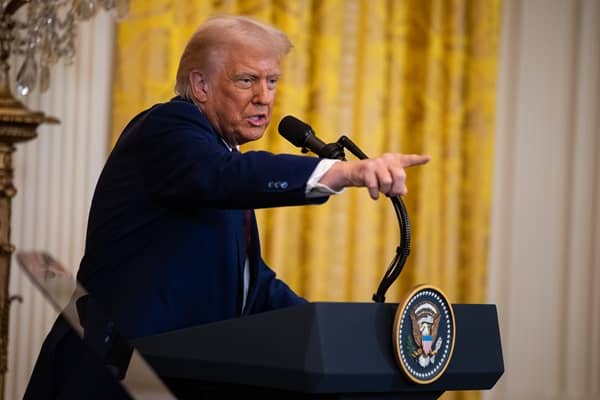The 15% tariffs on imports in the US EU trade agreement will be passed onto UK consumers, say leading audit, tax and business advisory firm, Blick Rothenberg.
Donald Trump’s tariffs is “a blow to European exporters” which is aimed to “shelter” US consumers.
Nils Schmidt‑Soltau, a Partner at the firm, said, “While a settlement at a 15% tariff on European imports is certainly better than the threatened 30%, the tariffs are too high for EU manufacturers not to pass them on to UK consumers in the form of higher prices.
“This has already been done previously by EU businesses to shelter US consumers from the full cost increases that would otherwise result from the higher tariffs on imports into the United States.
“The new tariff regime is still a blow to European exporters and in time will be felt by American consumers, as EU exporters can only raise prices so much across the board to absorb those extra costs, including prices for UK consumers. This 15% rate is also not high enough to justify the gamble of major capital investments in the United States for European manufacturers that would be required to build up local manufacturing capacities.
“Those celebrating the greater freedoms that the UK has outside the European Union should consider if the slightly beneficial rate that UK exporters will enjoy over their EU counterparts is worth it.
“The 15% tariff agreed on EU imports is in line with the 15% tariff agreed on Japanese imports which makes the UK rate of 10% a mere 5% lower than that levied on imports from the other major advanced economies. UK goods exports to the United States made up 16.2% of UK goods exports in 2024, with exports to the EU being nearly triple that value at 47.7% of all goods exports.”
He added, “While no detailed text of the agreement has been published, based on announcements made on Sunday, not all imports from the EU will be subject to the 15% rate.
“Existing 50% tariffs on steel and aluminium will remain in place which, if left unchanged, could end up putting European manufacturers at an advantage over their US competitors to the extent that the latter are reliant on steel and aluminium imports.
“However, there are zero for zero tariffs on a small number of products such as aircraft parts.
“At the end of the day there likely won’t be any winners emerging from this aggressive trade ‘negotiation’ and the best course of action for the UK will remain to get closer to its EU neighbours with whom common interests still extend far beyond the transactional relationship now ‘enjoyed’ with the United States.”








